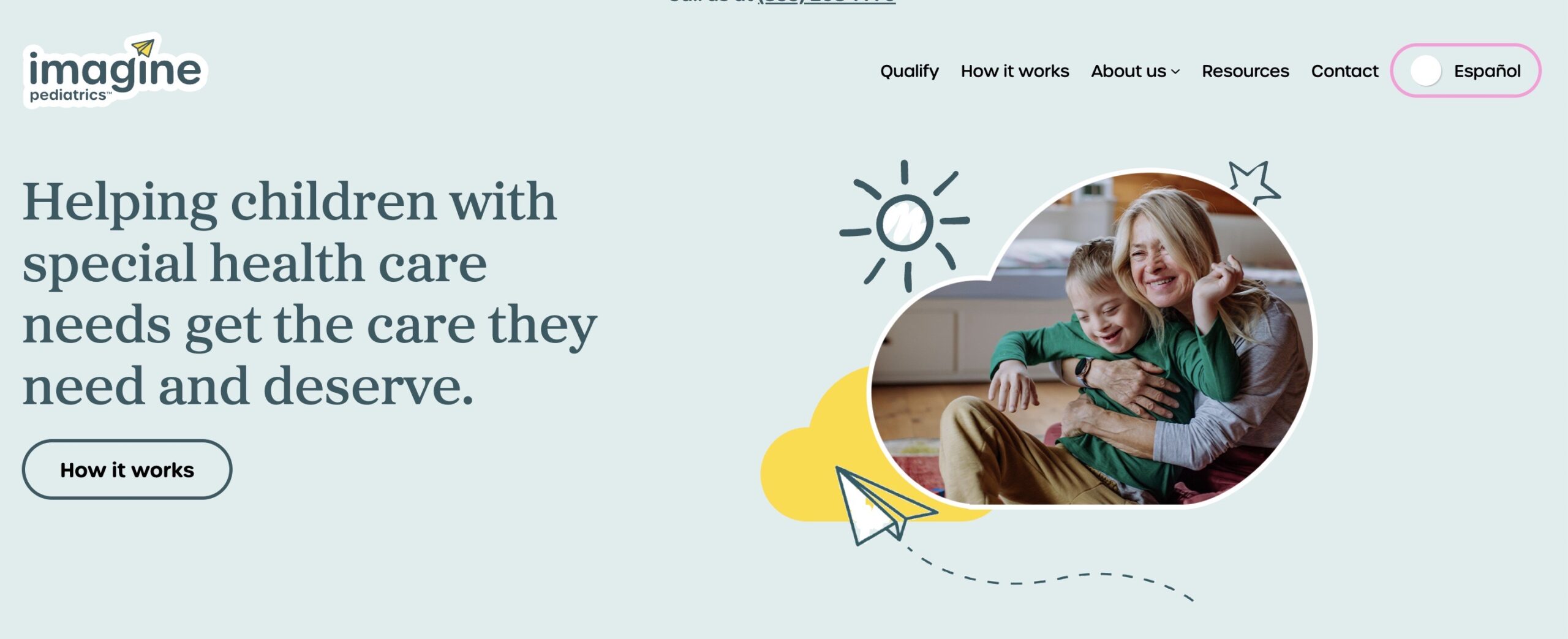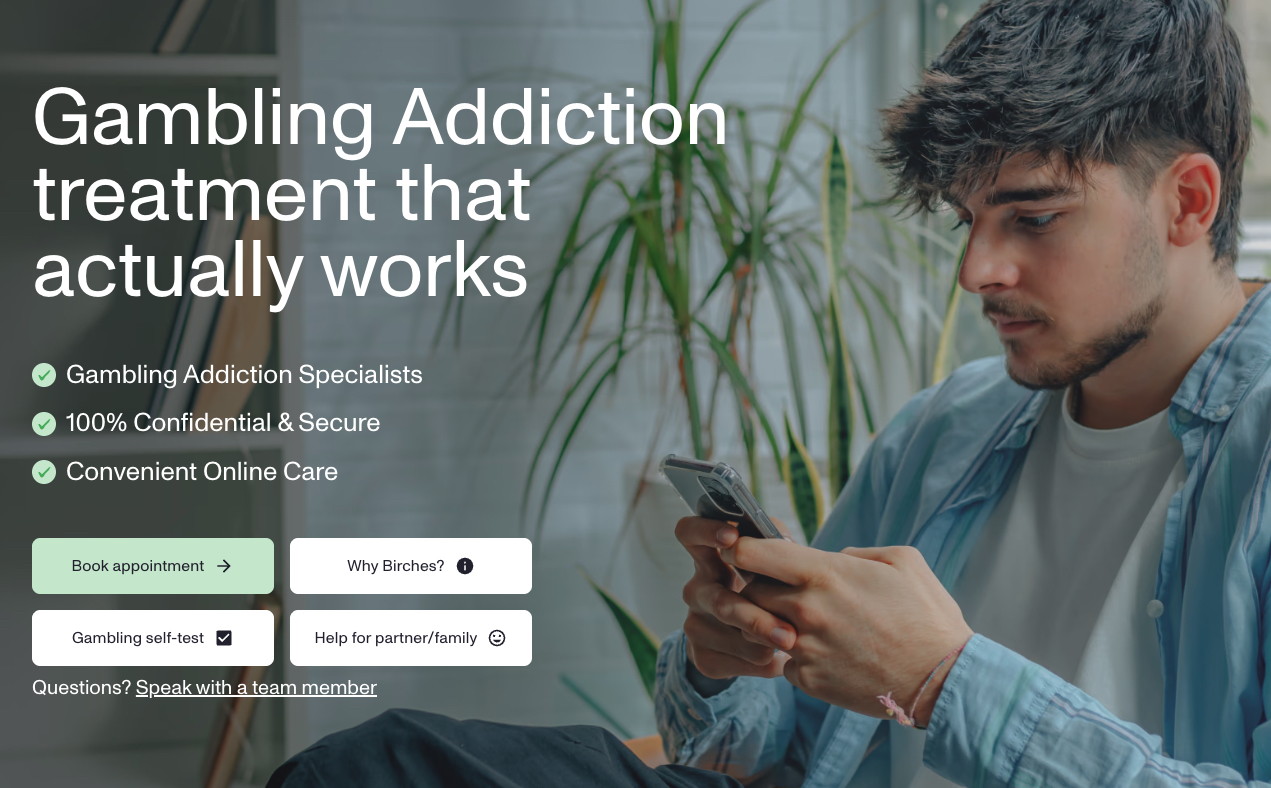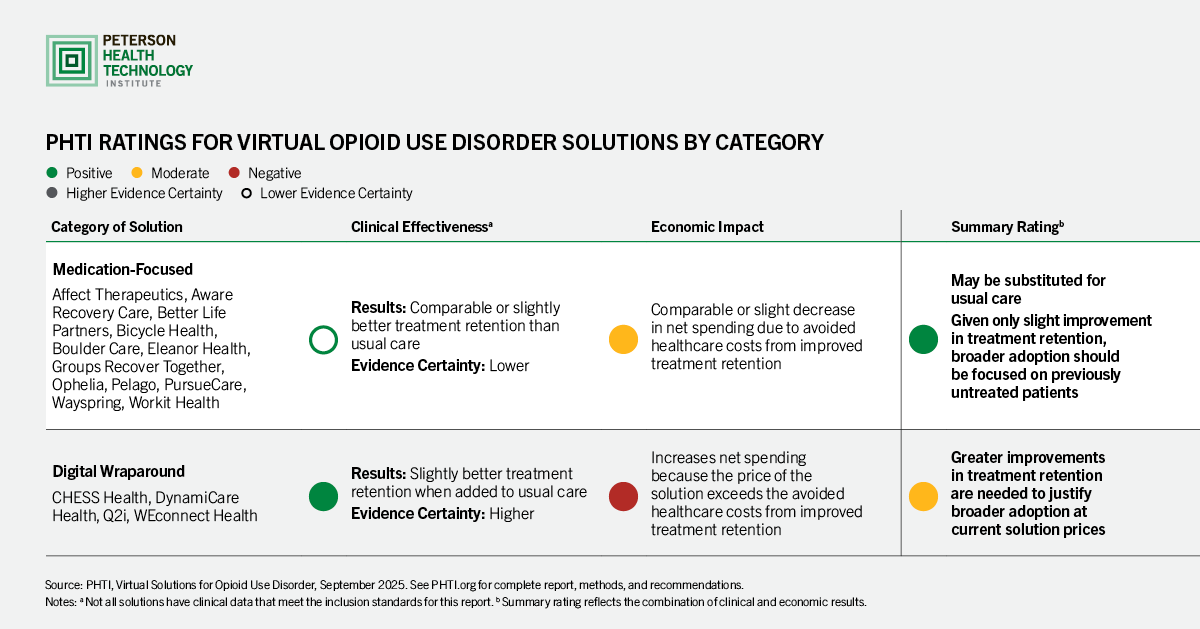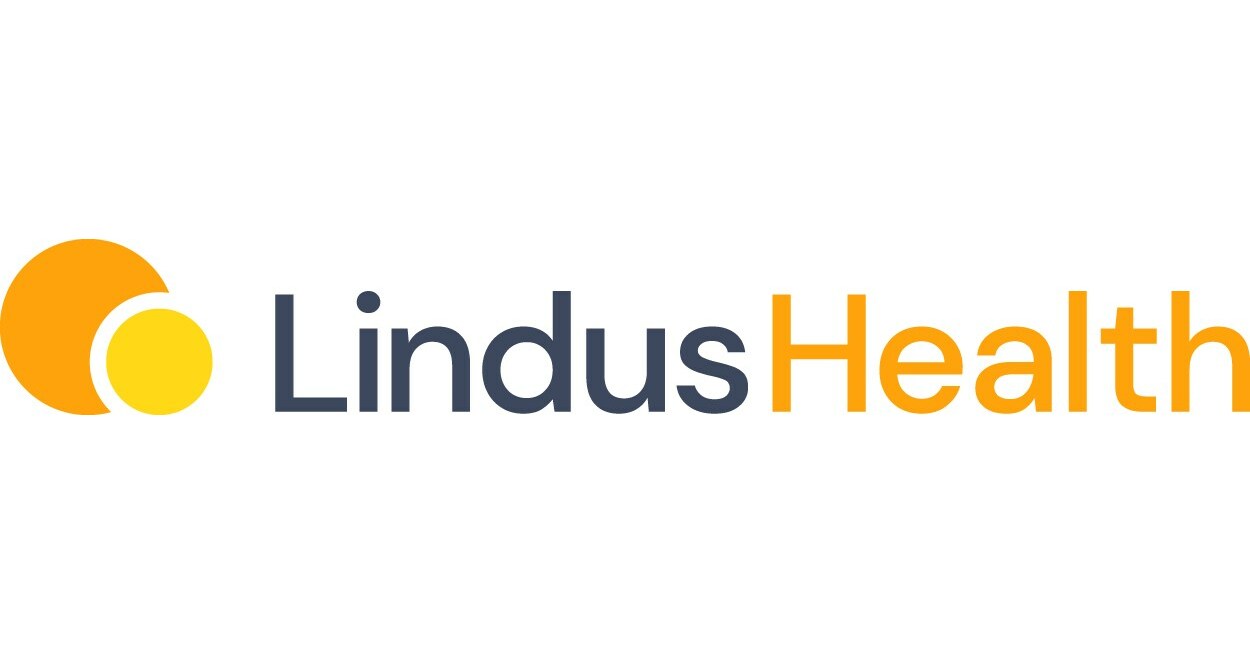What You Should Know:
- Imagine Pediatrics, one of the nation’s largest pediatric medical groups delivering 24/7 virtual and in-home care for children with special health care needs, today announced it has raised $67M in Series B funding.
- Participants in the round include existing investors Oak HC/FT, Optum Ventures, and Rubicon Founders and new strategic investment from the Autism Impact Fund (AIF) and others.
Transforming Pediatric Care Through Value-Based Innovation
Imagine
Read More
Digital Health | News, Analysis, Insights - HIT Consultant
Birches Health Raises $20M to Combat Gambling Addiction Crisis
What You Should Know:
- Birches Health, a national provider of gambling addiction treatment, has announced it has raised $20M in combined Series A and Seed funding.
- The Series A was led by AlleyCorp and the Seed was led by General Catalyst, with additional participation from a number of other investors.
- The funding will be used to accelerate investments in clinical excellence, expand its provider network, and scale its infrastructure to meet the growing demand for
Read More
ATA Launches Digital Infrastructure Score to Map U.S. Virtual Care Readiness
What You Should Know:
- The American Telemedicine Association (ATA) has introduced an enhanced Digital Infrastructure Score, a data-driven tool designed to measure how well U.S. communities are equipped for digital access.
- The new benchmarking tool provides a comprehensive review of the elements needed for digital health solutions, especially as physical access to healthcare changes.
What the Digital Infrastructure Score Measures
The ATA's new tool and its accompanying
Read More
PHTI Report: Virtual OUD Solutions are Effective, But Don’t Substantially Reduce Costs
What You Should Know:
- A new evaluation from the Peterson Health Technology Institute (PHTI) has assessed the effectiveness of virtual solutions for opioid use disorder (OUD).
- The report reveals that while these solutions are as effective as traditional, in-person care, they only provide a modest improvement in patient outcomes and do not appear to be significantly expanding access to treatment.
Modest Clinical Benefits, Unclear Economic Impact
According to the PHTI
Read More
Proscia Integrates with AWS HealthImaging to Scale Digital Pathology and AI
What You Should Know:
- Proscia, a pathology AI company, has announced the next step in its collaboration with Amazon Web Services (AWS) to address two of digital pathology’s most pressing challenges: managing surging data volumes and standardizing siloed data.
- The company has integrated its Concentriq® platform with AWS HealthImaging, providing laboratories and life sciences organizations with a cloud-native foundation to accelerate workflows and fuel AI-driven precision
Read More
Why AI Isn’t Curing Disease, Yet: Crossing Pharma’s Valley of Death with Physical Intelligence
We were told AI would cure disease in years. That’s a fallacy.
Today, over 90% of clinical drug candidates still fail. It costs more than $2 billion and over a decade to bring a single drug to market. And now the industry faces a brutal paradox, which is the promise of exponential progress stuck inside a system governed by diminishing returns.
This is pharma’s version of Eroom’s Law, i.e. the inverse of Moore’s Law, where the return on drug development declines as science
Read More
Peerbridge Health Raises $7M, Appoints MedTech Veteran Dan Reuvers to Board
What You Should Know:
- Peerbridge Health, a company transforming how heart disease is diagnosed has closed its latest fundraising round, raising $7M to support the commercial rollout of its new product.
- Additionally, it has submitted its next-generation wearable, the Cor MDx™, for FDA 510(k) clearance and appointed medical-technology executive Dan Reuvers to its Board of Directors. It is expected to launch later this year, pending regulatory clearance.
Strengthening
Read More
Fay Becomes First Nutrition Service to Join Amazon Health Benefits Connector
What You Should Know:
- Fay, a dietitian platform, has become the first nutrition care service to join Amazon’s Health Benefits Connector.
- The strategic collaboration allows eligible Amazon customers to easily find and enroll in Fay’s personalized, insurance-covered nutrition care while browsing for wellness and nutrition services. Fay intelligently matches individuals with a registered dietitian based on their health goals, history, and insurance eligibility.
Unlocking
Read More
Smarter Medication Management: The Shift from Polypharmacy to Personalized, Data-Driven Care
As older adults increasingly find themselves managing 10 to 15 medications—spanning prescriptions, over-the-counter drugs, and supplements—the urgency to refine medication management has never been greater. Over the last two decades, the average number of prescriptions for individuals 65 and older has doubled, driven by a mix of longer life expectancy, chronic disease management, symptom-based prescribing, and the common practice of layering additional medications
Read More
Half of Consumers Will Abandon Health Products Lacking Clear Scientific Evidence, Survey Reveals
What You Should Know:
A new survey by Lindus Health, a clinical trial company, has reveals that transparency about side effects and long-term safety are the top factors Americans consider when buying health products.
- The survey, which asked 175 participants about their health-based purchasing behaviors, revealed a significant gap between what consumers want and the information provided by physicians and manufacturers.
- The findings show that less than 14% of respondents
Read More










